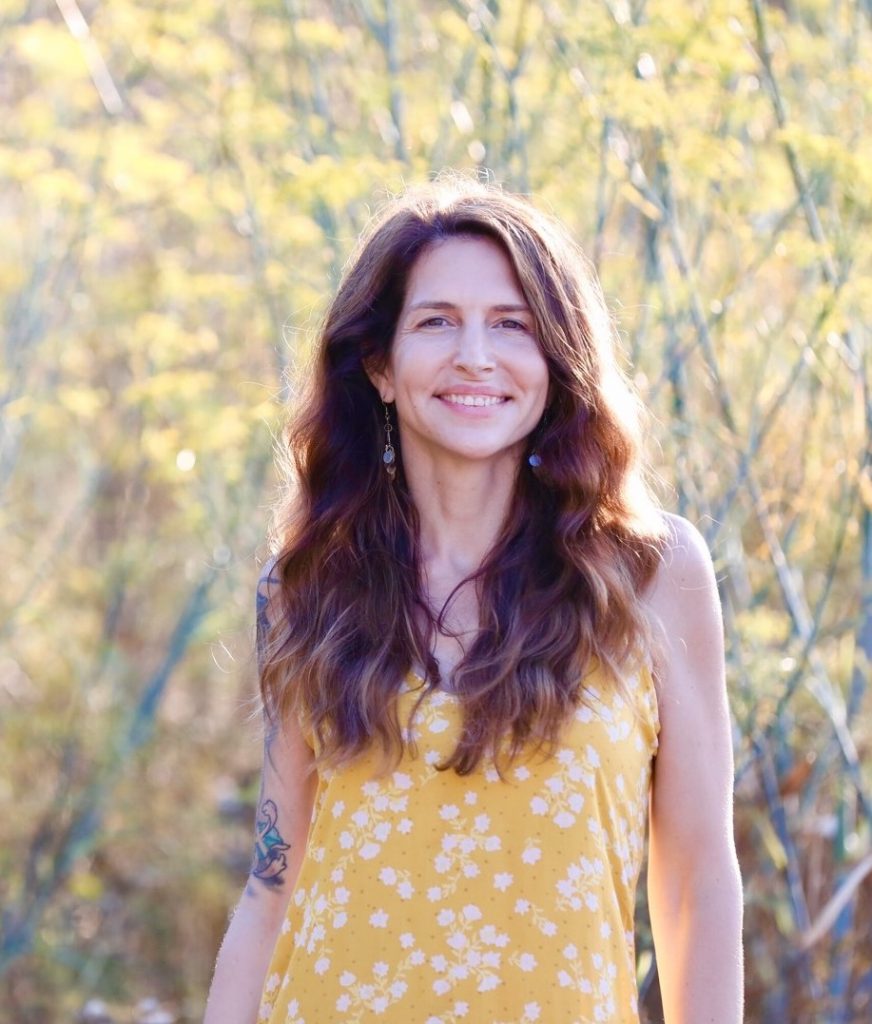Dedication to our path, whatever that looks like for us, is necessary for our continual advancement. However, this dedication, which gives us the inner resolve to stay the course regardless of what comes our way, needs to be in balance with our dedication to our self, which shows in how we care for ourselves in each and every step we take.
I have been blessed with unparalleled stamina and a resolve matched by few others. While that has been a backbone on which I can rely, it has been much more challenging to learn how to deeply care for and nourish myself.
I look around and see that I am not alone with this challenge.
When self-care is left out of the equation, we experience burnout, apathy, depression, and illness. Without self-care, we are unable to truly enjoy our lives, reap the rewards of our hard work, or experience real happiness.
Lack of self-care is nothing short of a denial of self. It is a strong statement of self-negation and has many roots. It is passed down through our lineage. It is taught to us through religion. It is born of our personal wounding.
Because of this, self-care is no small act. It turns centuries of indoctrination on its head. It lifts the weight of our negative childhood conditioning. This simple act of loving and caring for ourselves can be both an act of healing and an act of revolution all in one.
Our lack of ability to care for ourselves can look like many things: not allowing ourselves to rest when we are tired, eating the wrong foods or not eating the right ones, putting ourselves in bad environments or with less than ideal people. Regardless of whether you do not exercise or you stay in a job that is not right for you, there are underlying reasons why you do things this way. Some of these came from your childhood.
As a child, you may have been told that your tears were silly, or your requests for things may simply have been unanswered. These repeated messages told you to ignore your needs in order to to be safe, get approval, or maintain love. Even if you were not directly told to ignore your own needs—which many of you were—when you experienced any kind of wounding, the implied message in the wounding was that your needs did not matter.
This is a message that you likely believed.
As a result, you may continue to act as if your own needs are not important; you may continue to believe those who tell you that this is the case. Because of this, you may, in many small or large ways, not care for yourself.
But, the problem is even more than just devaluing your own needs. Through this process, you lose the fundamental mechanisms of meeting them—you forget how to receive and you forget what it feels like to be someone who is full and whole.
Your wounding creates a deep sense of unworthiness. And wherever you believe that you are unworthy, you will not allow the necessary care and nourishment for your expansion.
In the places where you are unable to attend to your needs, there is an emptiness, a frailness, a primary lack of ability to receive that blocks you from receiving the benefits of all you do. In essence, there is an unhealed place that is incapable of experiencing the joy, wonder, abundance, and other fruits of your life.
When you learn how to care for yourself, you heal the parts of yourself that were wounded in the past. You give yourself what you were unable to get at this other point in time. You show yourself a reality that is different than what you once experienced as possible.
As you commit to radically and completely caring for your needs, you are able to deeply feel not just the results of your specific efforts but all of life in a more deep and profound way. As you learn to deeply care for yourself, you unlock the door to your own happiness and return to the fullness of who you truly are.
For motivation to create self-care rituals in your life, take a look at my article >>> \”13 Reasons Why Sensitive Souls Need Rituals\”

